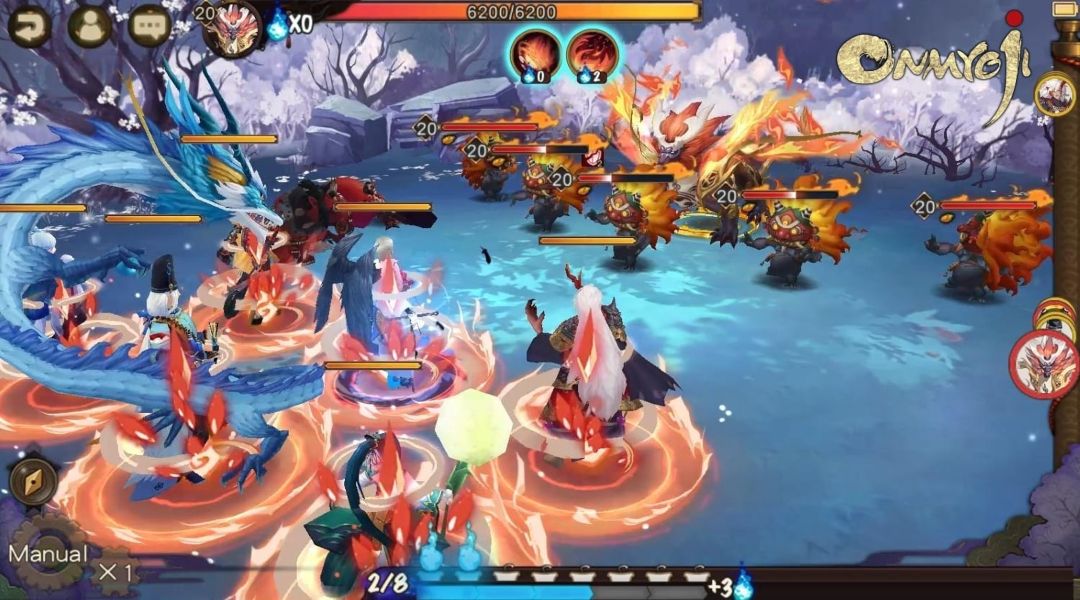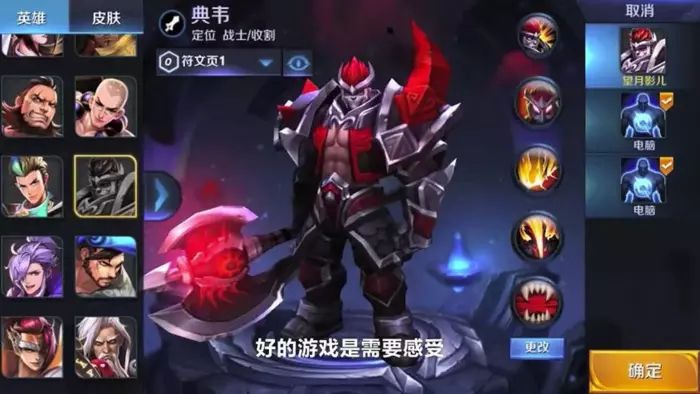China’s State Administration of Press and Publication (SAPP) is moving forward with regards to the country's now reworked regulatory approval process for video games. Marking one year since the formation of SAPP, the regulatory body recently held a conference that defined the updated regulations and opened a new approval process at the end of April. Despite the complications of the past year and the bureaucracy involved in the approval process, SAPP hopes to create an efficient and transparent system going forward.
A report issued by Niko Partners summarizes SAPP's conference and provides a detailed breakdown of the regulatory body's updated policies. SAPP was formed in April 2018, leading to the formal freezing of China's game approval process. That process reopened in December 2018, though new submissions were once again frozen this past February as the regulator worked through the backlog of previously submitted games. The end of April 2019 will mark the reopening of new submissions under the new approval process.
SAPP hopes for the approval process to be much more efficient and transparent, and so has provided guidance as well as several specific rules for game publishers to follow. Publishers are required to submit all games for review by SAPP in order to receive a license. New changes in the process include the establishment of the Online Game Ethics Committee, which will review whether online and multiplayer systems in certain games meet China's social values, require anti-addiction systems in mobile games, and evaluate HTML5 and "mini games" that don't require a download now requiring approval.
Perhaps the most meaningful change in the approval process will be SAPP's self-imposed limit on licenses issued each year. SAPP will be denying approval to a significant amount of games which, prior to 2017, were often approved. This includes all poker and mahjong games, which Niko Partners states made up 37% of all game approvals in 2017. SAPP will also deny copycat games said to flood the Chinese market, as well as games featuring "overly obscene or immoral content."
The exact nature of SAPP's limit on game approvals is unclear. It's potentially a hard limit, meaning SAPP could just stop approving games once a certain number is reached monthly or annually, but the way SAPP is describing it makes it seem more like the regulatory body will only approve as many games as it's able and sees fit to complete.
SAPP's clearest message to game publishers is to self-regulate before submitting. SAPP is trying to make its rules transparently available so as to make the approval process better for all parties involved. Publishers are encouraged to hire independent editor teams to check game content before submission to SAPP. While SAPP can provide guidance and be as transparent as possible, the nature of a regulatory body dedicated to the social values of a country are inherently complex and changing.
China remains one of, if not the fastest growing market for video game industry expansion. The changes SAPP is making to the video game approval process are likely to lead to a very positive year in 2019. Yet the Chinese market also remains a risky venture given the country's heavy regulation and historically unreliable approval process. SAPP's changes may improve that process, but the nature of a country regulating artistic works based on social values remains, to understate the issue, contradictory.
SAPP beginning to accept new submissions at the end of April, going through 2019, should provide a much clearer outlook regarding the future of video games in China and the impact the country's growing market will have worldwide.
Source: Niko Partners


